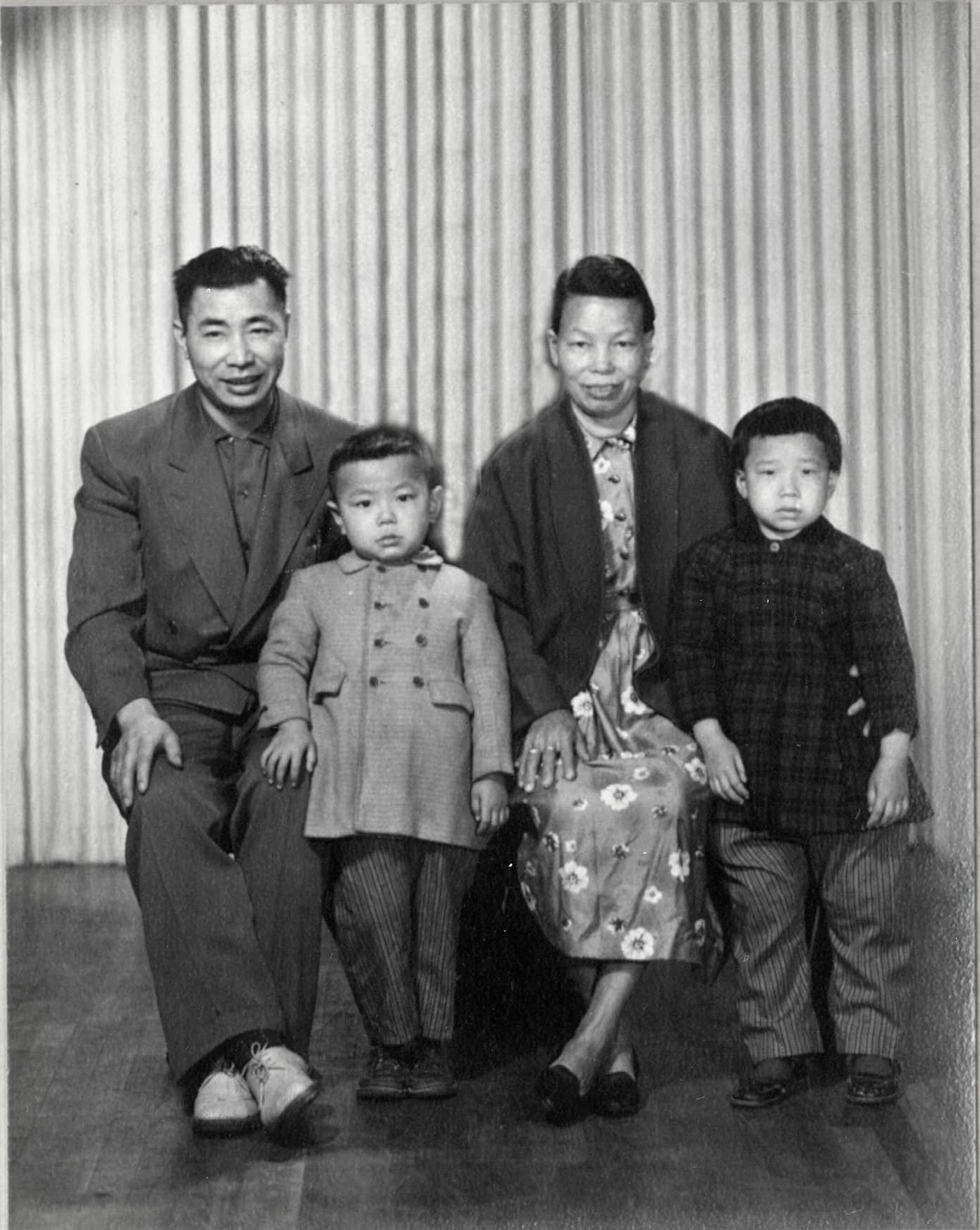Dark chapter
The Chinese head tax belongs to a sinister chapter in Newfoundland’s and Canada’s past.
 However, it remains emotionally relevant to the families of the early Chinese immigrants who were forced to pay upon entry into this country.
However, it remains emotionally relevant to the families of the early Chinese immigrants who were forced to pay upon entry into this country.
Gordon Jin’s father never mentioned the head tax he paid to become a Newfoundlander, but after his father passed away Mr. Jin found the head tax certificate from 1931 folded in his father’s belongings. He had kept it all that time.
The discrimination and racism of those early years was a painful beginning that he didn’t want to share, explains Mr. Jin, a co-operative education co-ordinator with the Faculty of Engineering and Applied Science.
Mr. Jin recently shared a personal account of his family’s struggles as part of the Queen Elizabeth II Library’s Check It Out! Celebrating Culture Series in conjunction with the Office of Public Engagement’s Engage Fest.
“You could be from Europe, Ireland, England, wherever, or you could be from someplace else in Southeast Asia, as long as you were not of Chinese descent,” said Mr. Jin. “If you from China, you were tagged by a head tax. It is not a happy story. It is not in our history books. ”
From 1906 until 1949, any Chinese person wishing to immigrate to Newfoundland had to pay a $300 head tax. The head tax would have totalled three years’ worth of wages in that time period. Many immigrants had to borrow money from relatives and friends and would spend many years paying it back.
Similar legislation existed in Canada from 1885 to 1923, with about 81,000 Chinese immigrants paying from $50-$500 head tax fees that amounted to $23 million for the federal government coffers of the day. From 1923 until it was repealed in 1947, the Chinese Exclusion Act prevented anyone of Chinese descent from immigrating.
Mr. Jin Senior was one of the 400 or so Chinese immigrants who made Newfoundland their home during the first part of the last century. He left his young wife in China and had a son who died before they could immigrate. Starvation, poverty and political instab ility took their toll on many of the families who were left in China waiting to be reunited with their loved ones. Relatives couldn’t afford to come to Newfoundland until the head tax was repealed in 1949.
ility took their toll on many of the families who were left in China waiting to be reunited with their loved ones. Relatives couldn’t afford to come to Newfoundland until the head tax was repealed in 1949.
Prime Minister Stephen Harper issued a formal apology on behalf of the federal government in 2006; a week later, Newfoundland and Labrador issued a formal apology for its implementation of the head tax. Surviving Chinese head tax payers or their spouses were able to claim a $20,000 settlement; however, there were fewer than 20 of them alive at that point.
Mr. Jin and other members of the Newfoundland Chinese community created a head tax redress organization in 2007. They continue to raise public awareness about the vital contributions Chinese immigrants have made to local communities in Newfoundland and Labrador and to Canada.
“I am happy to do this, because it is an opportunity to tell this story to whoever is willing to listen,” said Mr. Jin. “It is about a chapter in history, as dark as it is, it is also about giving a them a voice…the immigrants of that day...It is about recognizing that the Chinese immigrants who came to this country and the Dominion of Newfoundland built this country to some degree, or aspects of it.”